
Much is designed for, decided for, and written about rural America and Native nation places and peoples without consulting with rural people and having their lived experience and knowledge inform the endeavor. As a result, public and private policy, programs, and investments – and media representations – often presume urban conditions or sensibilities, do not effectively reach or propel rural initiative, and may actually harm it.
To increase national prosperity and equity, it is critical that every step of planning, decision-making, and action-taking in the design of government, philanthropic and private programming, and investment be informed by the experience, aspirations, realities, and will of the full range of people living in rural and Native communities and economic regions.
Building Block EVIDENCE
Practice-based, community knowledge and expert opinion suggest this driver is important because power and power imbalances impact individual and community health. Having the people most impacted by community conditions have a say in how those conditions are addressed through advising, influence, action, and policy, can lead to more equitable solutions. The Lead Local initiative of the Robert Wood Johnson Foundation defines power as “the voice, ownership, and ability for a neighborhood to say what it wants and to work together to drive the change they seek”.1 While the focus is on neighborhoods in the definition, power builds across local, state, national, and global (ecological) systems. Efforts at a local level can influence systems change through engagement with networks of other organizations, coalitions, or social movements.2 In this way, community-driven change is linked to broader social movements or other organized efforts to impact systems change.3 The structure of community organizing groups often lends itself to this type of reciprocal influence and power building, as many local chapters/groups feed up into state and national organizations (federated structure). Other organized efforts to impact systems change, such as policy change, investment structure, and power dynamics, connect the political platforms of national organizations with local organizations working on a variety of issues, see, for example, the Rural Democracy Initiative’s call to collaborate with local organizing efforts on their rural policy action report.4
While not rural-specific, the RWJF Lead Local: Exploring Community Driven Change and the Power of Collective Action conducted research on the theory and practice of community power in relation to health equity, including examinations of work on the ground, a comprehensive scan of the literature and the development of a research agenda to measure power (see RWJF-Lead Local). RWJF Lead Local highlights the challenges of measuring community power, which can lead to challenges in creating an evidence-base for the impact of power building. Challenges in measurement include the need to account for power operating at different levels (individual-structural, invisible-visible); the way power is enacted differently in different contexts, communities, and places; the range of community organizing and base building practices, and the importance of community power as both an outcome for communities and a means to achieve other outcomes, e.g. health equity.5 The difficulties of measuring and consistently defining community power have inhibited the development of a robust evidence-base and resulted in limited work that empirically links community power and health outcomes and long-term impact. However, some studies have shown that community organizing and base building practices have increased community power, leading to positive change in a range of community issues, including education, employment, transportation, and public health.6 Lead Local calls for additional research to address issues of measurement, the development of a more robust empirical evidence base by improving measurement, the inclusion of community members in the research inquiries, and increased investment in the long-term work of community power building.6,7
While rural communities have consistently come together to collectively address issues in their communities, rural community organizing and power building have been under-studied and under-resourced.8 For examples of in-depth documentation of rural power building efforts, see Power and Powerlessness: Quiescence and Rebellion in an Appalachian Valley9 or It Comes from the People: Community Development and Local Theology.10 Community practice in rural settings, including power building and community organizing in rural settings, can differ from urban settings and, since rural communities are heterogeneous, differ from one rural community to the next.11 In rural communities, due to the importance of relationships, the smaller population size, and the dense social networks, confrontation and conflict approaches need to be used strategically.11 People in rural settings are likely to know people who hold traditional power roles personally and may depend on them or their institutions when there are no alternatives in smaller towns.
Other philanthropic organizations are conducting studies to understand the needs of rural organizers. Interviews with rural organizers who center racial equity in their work revealed a need for funding and resource support for organizational infrastructure and capacity, communication capacity, coalitional and political work, and anti-racist organizing.12 Organizers also recommended that funders partner with organizing groups with an awareness of power dynamics, fund for the long-term, and approach with a learning as opposed to an expert stance. Similarly, recommendations for building a robust rural organizing infrastructure that emerged from a case study of organizing in New York include: giving multi-year and general operating grants for community organizing and base building, addressing capacity-building needs of rural organizers, and supporting connections among rural organizers across the state.8
- RWJF-Lead Local
- Christens, Inzeo, & Faust, 2014
- Woods 2008
- Rural Democracy Initiative 2021
- Lead Local-Hahn 2020
- Lead Local-Research-Spear, 2020
- Lead Local-USC Dornslife, 2020
- Engage New York & Neighborhood Funders Group-Resourcing 2021
- Gaventa, 1982
- Hinsdale, 1996
- Carlton-LaNey 2005
- Neighborhood Funders Group-Hatcher 2018
Curated Resources
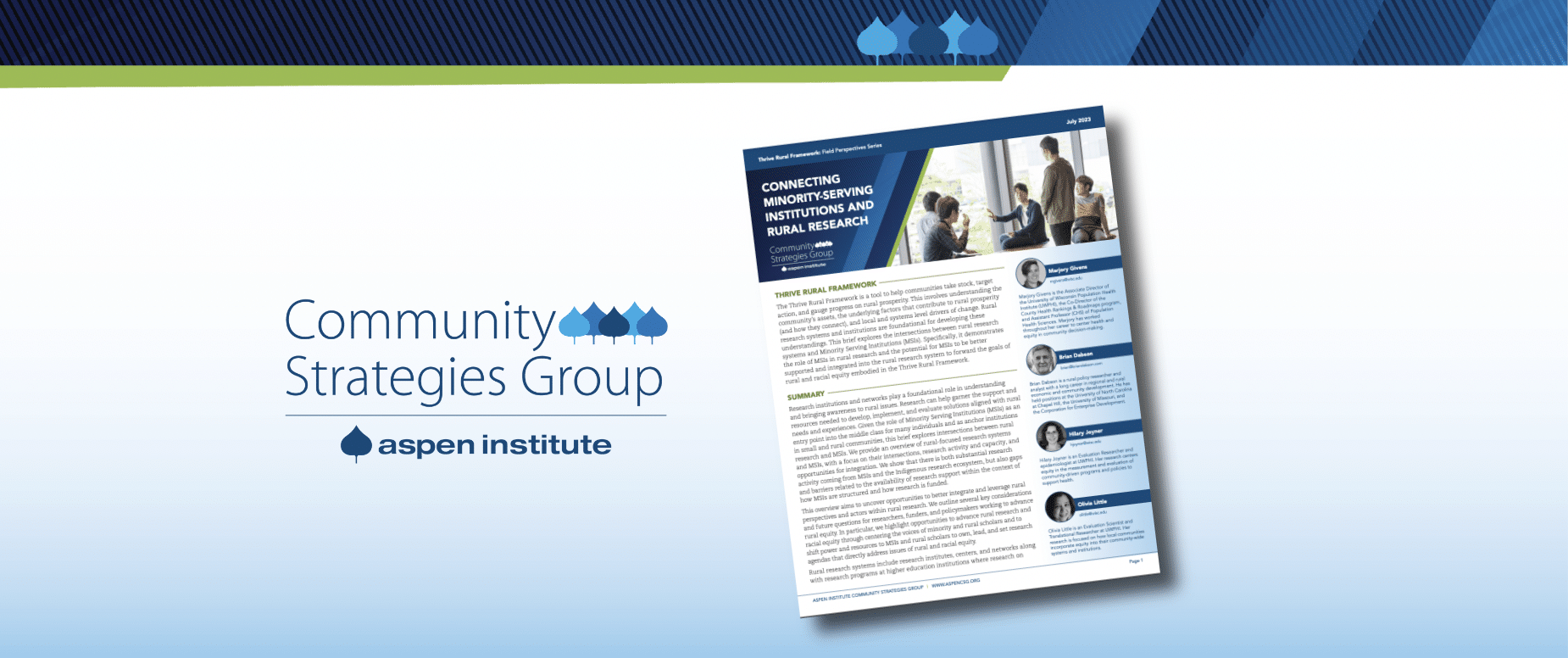
Connecting Minority-Serving Institutions and Rural Research
Exploring the potential for MSIs to produce more rural research and integrate rural perspectives into established and developing rural-focused research systems.
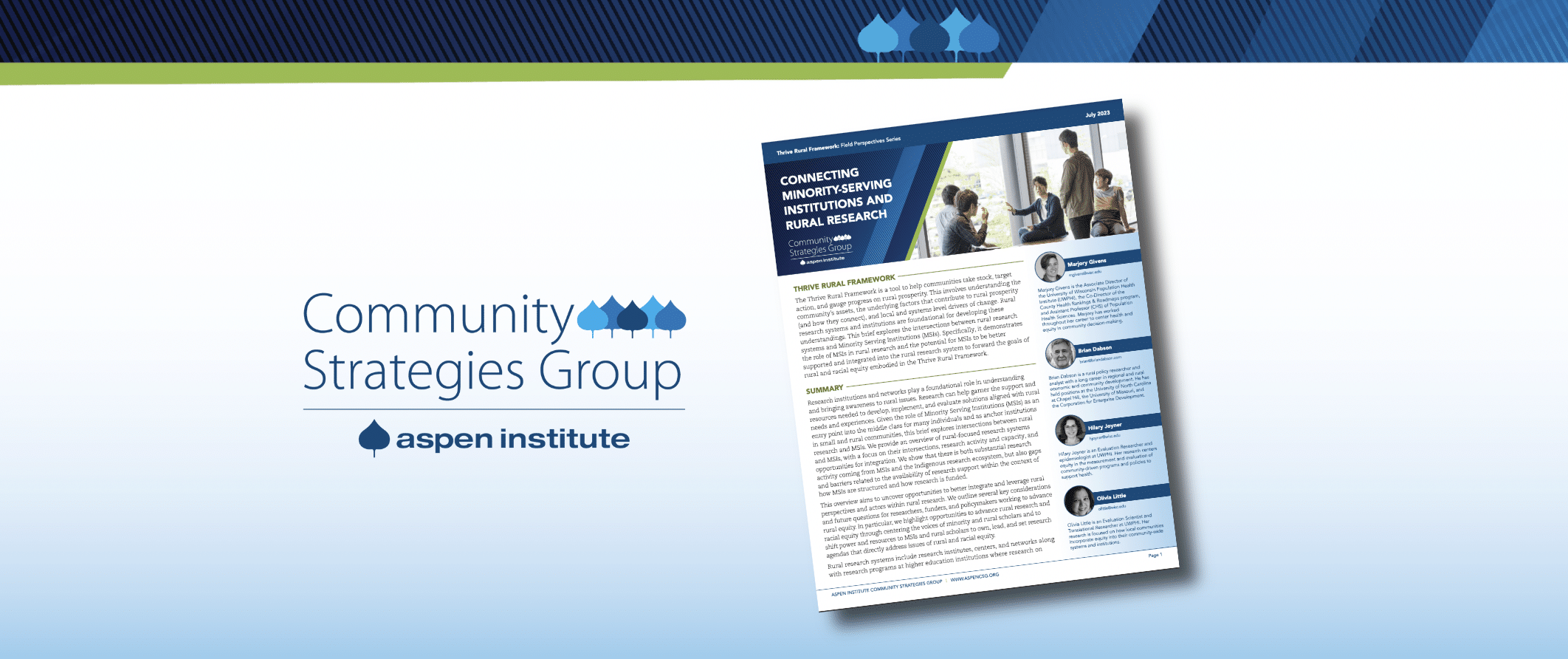
Building Trust With Community-Based Participatory Research
This research brief explores how rural MSIs and approaches to community-based participatory research can be used to better understand MSIs’ nature and practices.
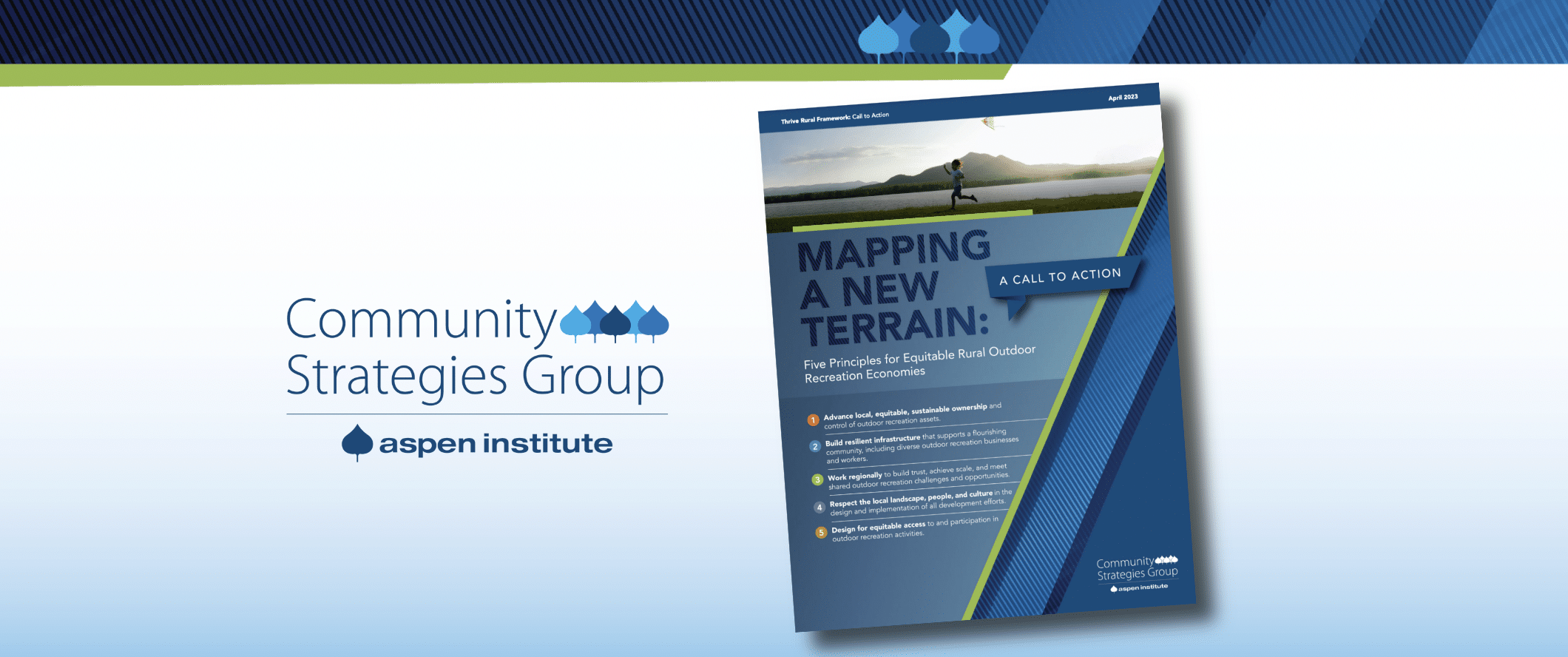
Mapping a New Terrain: Call to Action
As new rural outdoor recreation economies take root, we can meet this moment by improving how we do outdoor recreation development to better support rural families, businesses, and workers, create more sustainable and equitable economic systems, and improve local health and wellbeing.
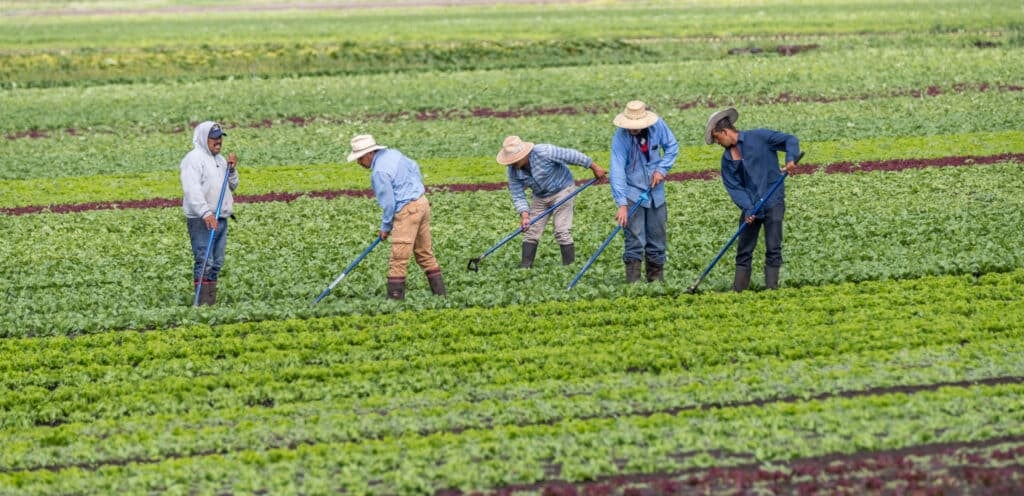
Broadening Authentic Leadership: Student Action with Farmworkers
This short case study has insights and suggestions for how rural-serving organizations can effectively welcome and truly empower leaders from all backgrounds.
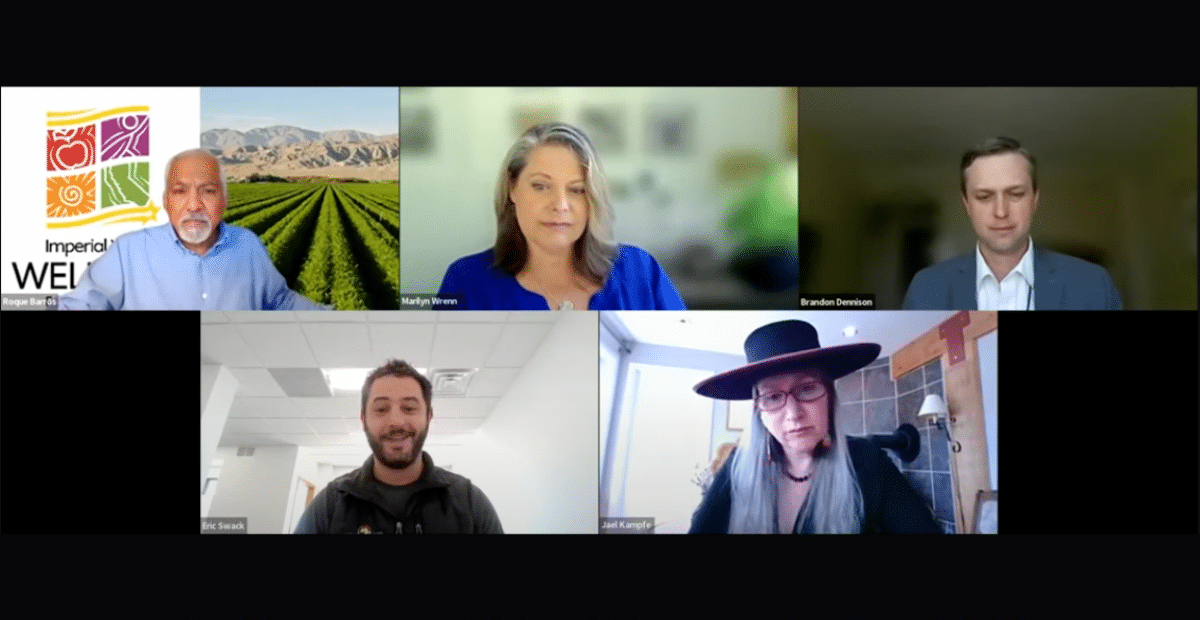
Seizing the Moment: Regional Collaboration
Event recap blog with resources and big-picture insights on working regionally to increase capacity to drawn down federal funding.
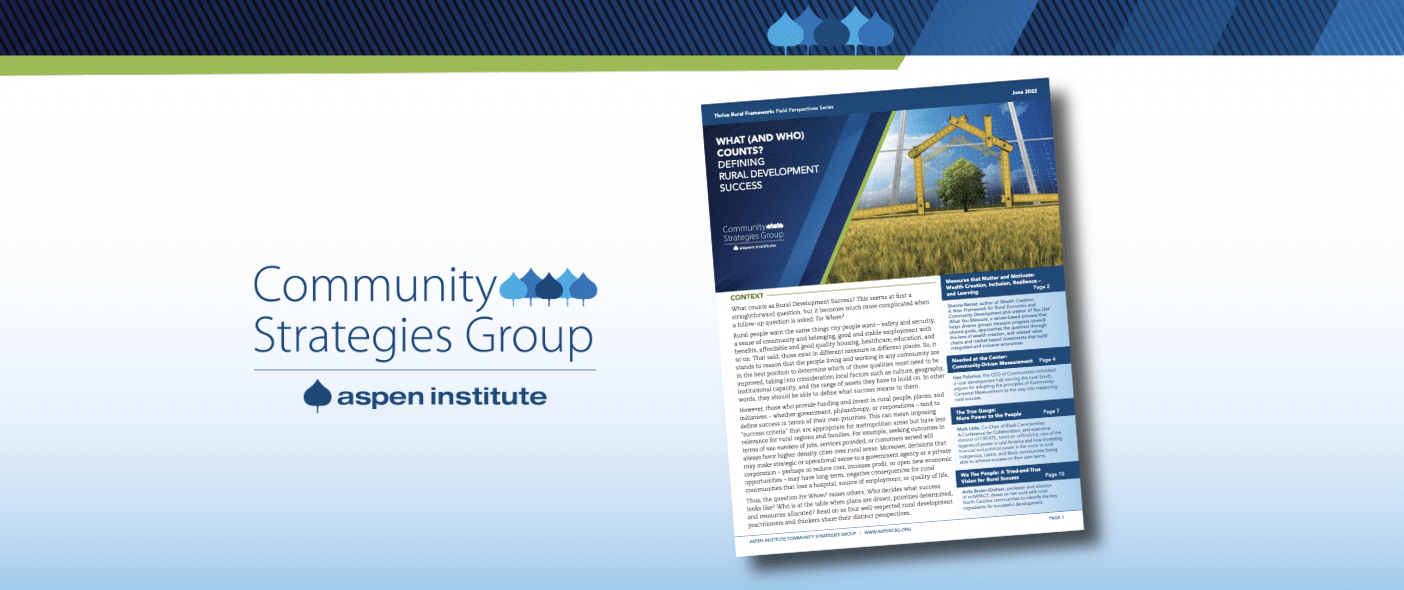
Defining Rural Development Success
There are no easy solutions for the many challenges that rural Americans face, but it’s clear that rural communities themselves…
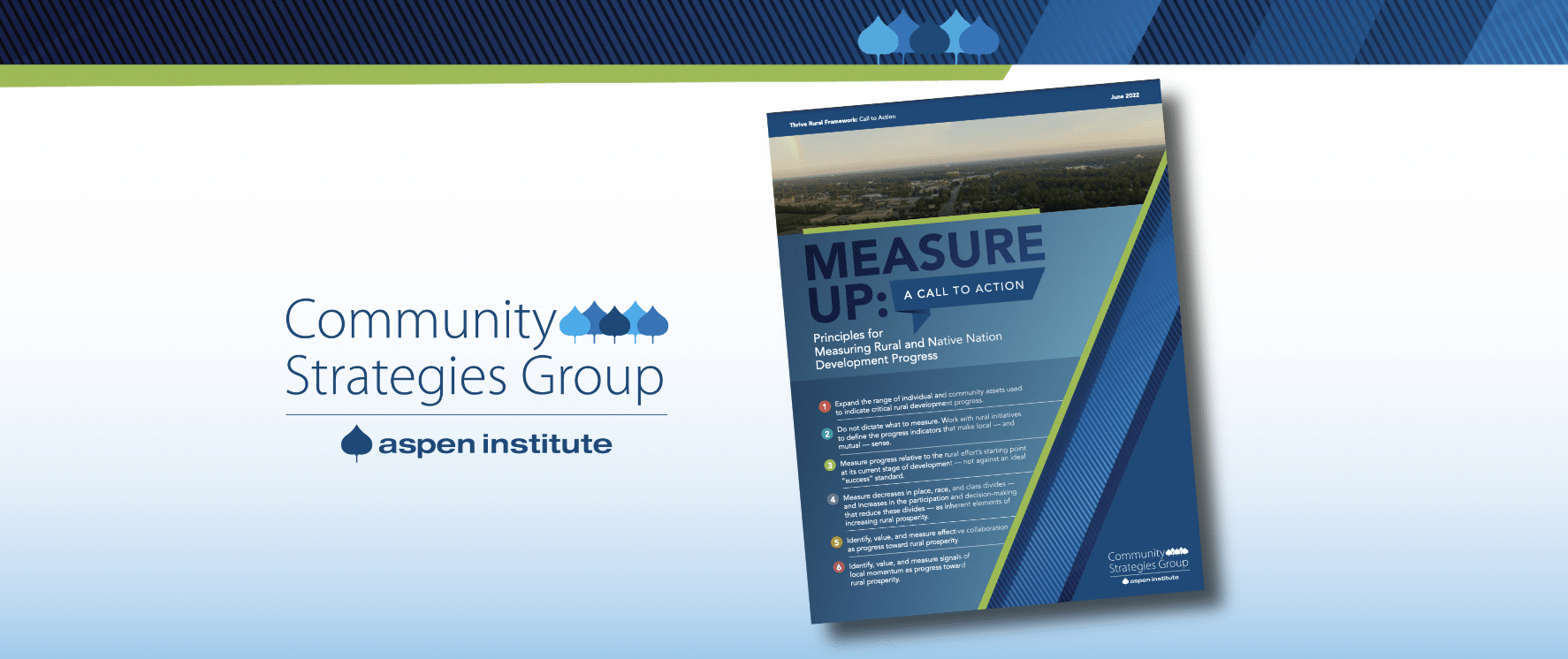
Measure Up: A Call to Action
Today, we have a generational opportunity to strengthen prosperity and equity in communities and Native nations across the rural United…
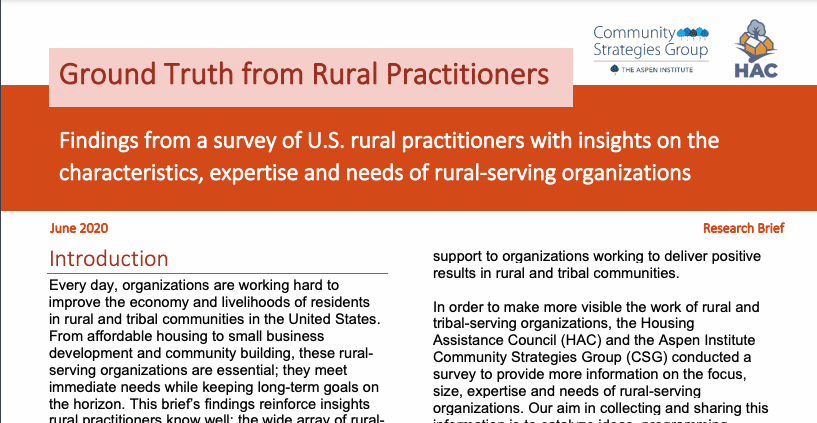
Ground Truth from Rural Practitioners
Every day, organizations are working hard to improve the economy and livelihoods of residents in rural and tribal communities in…
Field Items

MAKING POLICY WORK FOR RURAL COMMUNITIES: THE VALUE OF COMMUNITY VOICE
Nonprofit Quarterly
Policy is about the allocation of resources. Far too often, policy decisions influencing the flow of resources fall short in meeting the needs of low-resource rural people and places.

RURAL VOICES: CULTIVATING CITIZEN-LED DESIGN
Housing Assistance Council
Lifting the rural voices of Black, Brown, Indigenous, and other overlooked rural people leads to more authentic rural narrative. And that’s good for all of us. We hope this issue of Rural Voices will spark conversations and ideas about what a sense of place in your town or community can look like-for all.

RURAL VOICE IN CLIMATE RELOCATION: ISLE DE JEAN CHARLES
The Center for Public Integrity
Relocation experts say that Isle de Jean Charles illustrates the need for an organized effort with far more money, fewer bureaucratic hurdles and greater sensitivity to the needs of communities impacted by a long history of forced relocation and racism.

LEAD LOCAL
Lead Local
A collaborative that brought together well-respected local power-building leaders in the fields of community organizing, advocacy, and research to examine the relationship between community health and power building.

THE RURAL POLICY ACTION REPORT
Rural Democracy Initiative
The Rural Democracy Initiative identified top rural policy priorities for the year for federal and state-based policymakers and advocates. Each issue area includes policy priorities, example legislation, and the context for how these issues impact people in rural communities.

REFLECTIONS ON MEASURING COMMUNITY POWER
The P^3 Lab
What are the challenges and opportunities for measuring community power for health equity? The Robert Wood Johnson Foundation supported this report as a part of the Lead Local Project (an effort to examine the role of community power in advancing health equity).
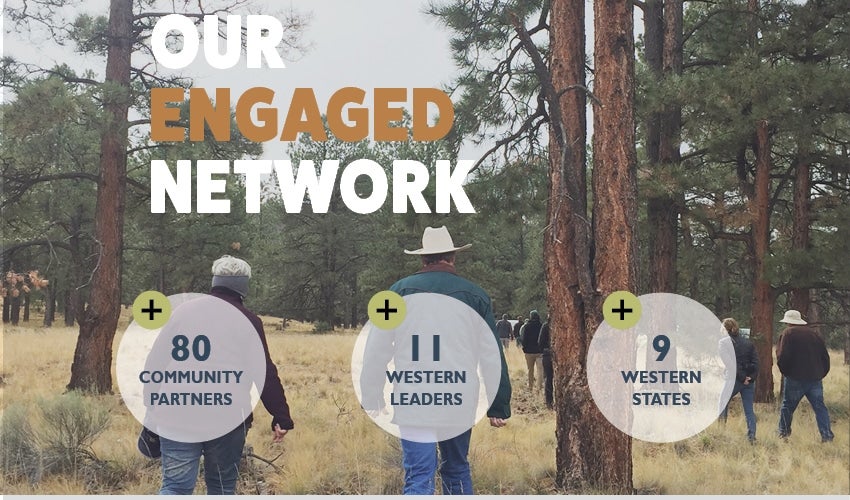
RURAL VOICES FOR CONSERVATION COALITION
Rural Voices Coalition
Our approach is to strengthen and empower the voices of rural leaders on issues such as collaborative all-lands stewardship, renewable energy, climate change, and local workforce development.

VOICES FROM THE FIELD: RURAL ORGANIZERS ON WHAT THEY NEED FROM FUNDERS
Neighborhood Funders Group
The Neighborhood Funders Group provided recommendations for those making philanthropic investments in rural communities.
We see the framework as a living document, which necessarily must evolve over time, and we seek to expand the collective ownership of the Thrive Rural Framework among rural equity, opportunity, health, and prosperity ecosystem actors. Please share your insights with us about things the framework is missing or ways it should change.
